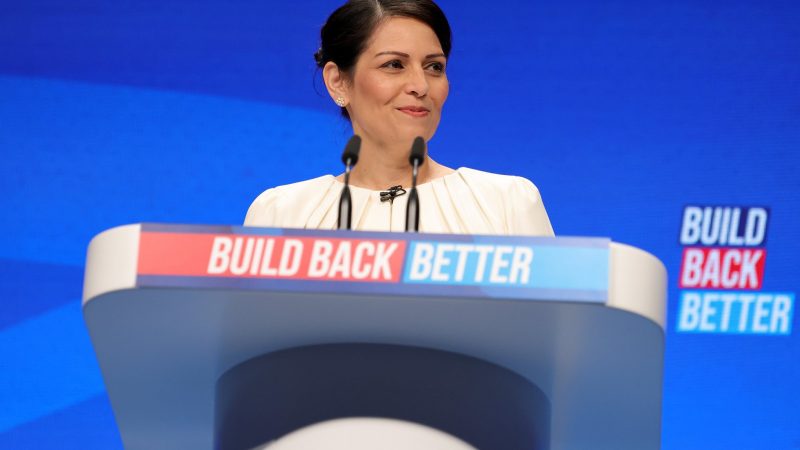
Dominic Raab has warned Vladimir Putin and Russian military commanders that those responsible for war crimes will face prosecution, amid reports that banned cluster bombs were used against civilian areas. At the same time, the Justice Secretary warned that this war is “not going to end quickly”. He also made clear that the UK has “considered a no-fly zone”, which some commentators and backbench MPs are calling for, and “the international community as a whole decided against it”. Meanwhile, Priti Patel is under pressure: she announced that the UK would take in 100,000 Ukrainian refugees in such an unclear way that nobody knew whether this meant there had been a new visa policy change and MPs could not question her. The Speaker is keen to facilitate a proper statement and debate today to clear up the confusion.
Keir Starmer spoke last night at the first all in-person Parliamentary Labour Party meeting since he became leader nearly two years ago. His priority was to praise NATO, after 11 Labour MPs were recently asked to take their names off a Stop the War statement criticising the alliance. “There will be no place in this party for false equivalence between the actions of Russia and the actions of NATO,” Starmer said. The MPs that he was implicitly referring to later pointed out that they had received an email telling them to “leave our country” and “we will be watching you”. But the leadership is determined to make clear that “Labour is the party of NATO” and anyone who disagrees could get kicked out.
The Labour leader also told the PLP that sanctions against Russia are absolutely right but “will have a knock-on effect here”. He wants to make the argument that the measures will “exacerbate”, not “replace”, the cost-of-living crisis, however. The idea that the National Insurance hike can go ahead in April is “just laughable”, Starmer said. Of course, voters will see this tax increase in their payslips just before the May elections. The Labour leader offered expectation management at the meeting, saying the contests would be “incredibly tough” as Labour already holds a majority of the seats up for grabs. He would prefer people to compare Labour’s performance against the 2019 election than the 2018 cycle, he said. LabourList will be looking at the pattern of where Labour is gaining or falling back rather than just raw numbers.
In very late night votes, MPs rejected crucial House of Lords amendments to the policing bill. The changes would have removed the ability of police to impose noise-based restrictions on protests, i.e. ban meaningful protest as outlined by Sarah Champion on LabourList yesterday and in many other pieces before hers. In the other place, meanwhile, Labour peers inflicted multiple defeats on the government’s nationality and borders bill. Their changes would uphold refugee rights and stop ministers from creating a second-tier category of citizenship. The hope is that the war in Ukraine forces the government to rethink Priti Patel’s plans back in the House of Commons – but the Home Secretary’s reaction to the crisis so far does not make that look likely.
Sign up to LabourList’s morning email for everything Labour, every weekday morning.



More from LabourList
‘The hope that kills you’: Reflections from the final day in Gorton and Denton
MPs, union leaders and organisations react to ‘bruising’ Gorton and Denton result
A gory night for Labour